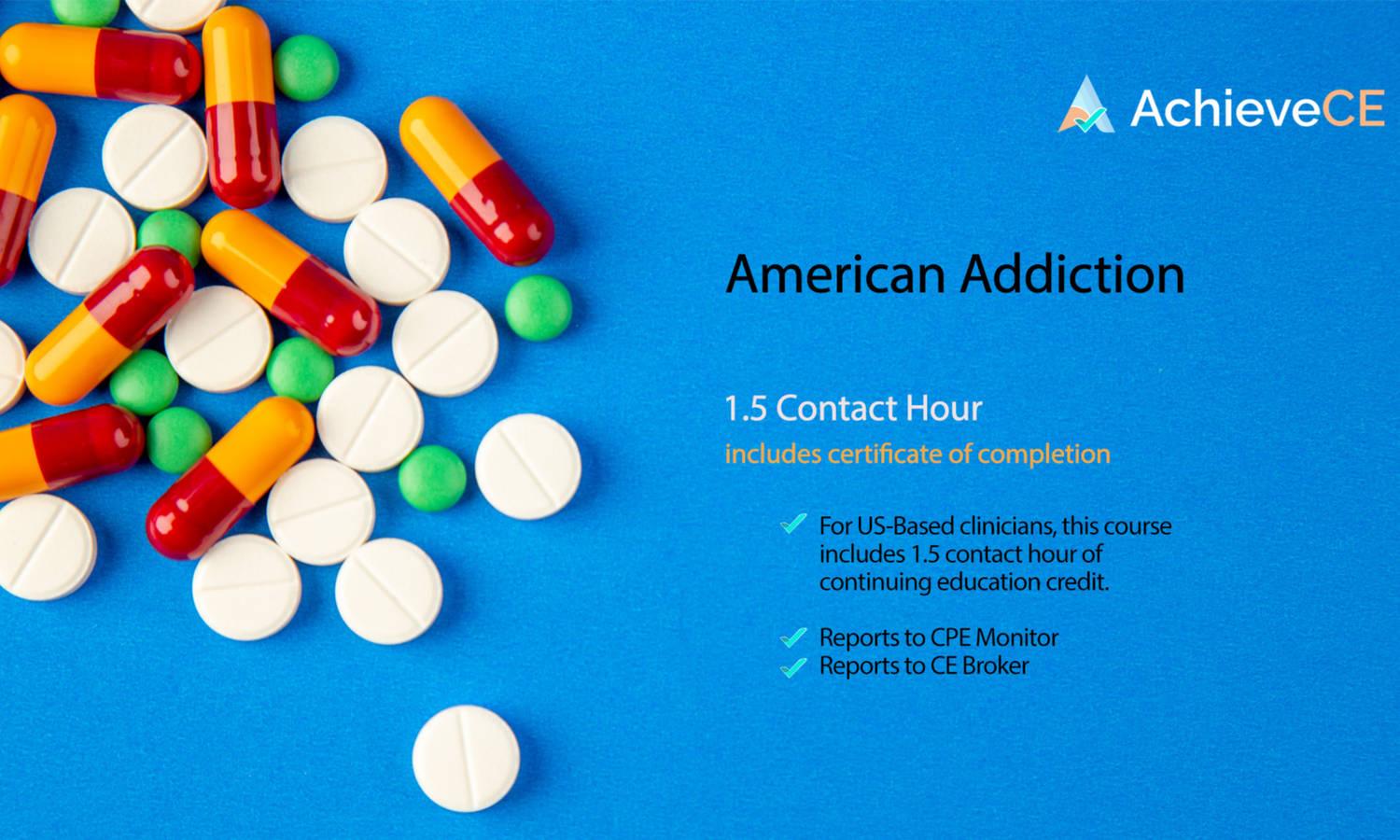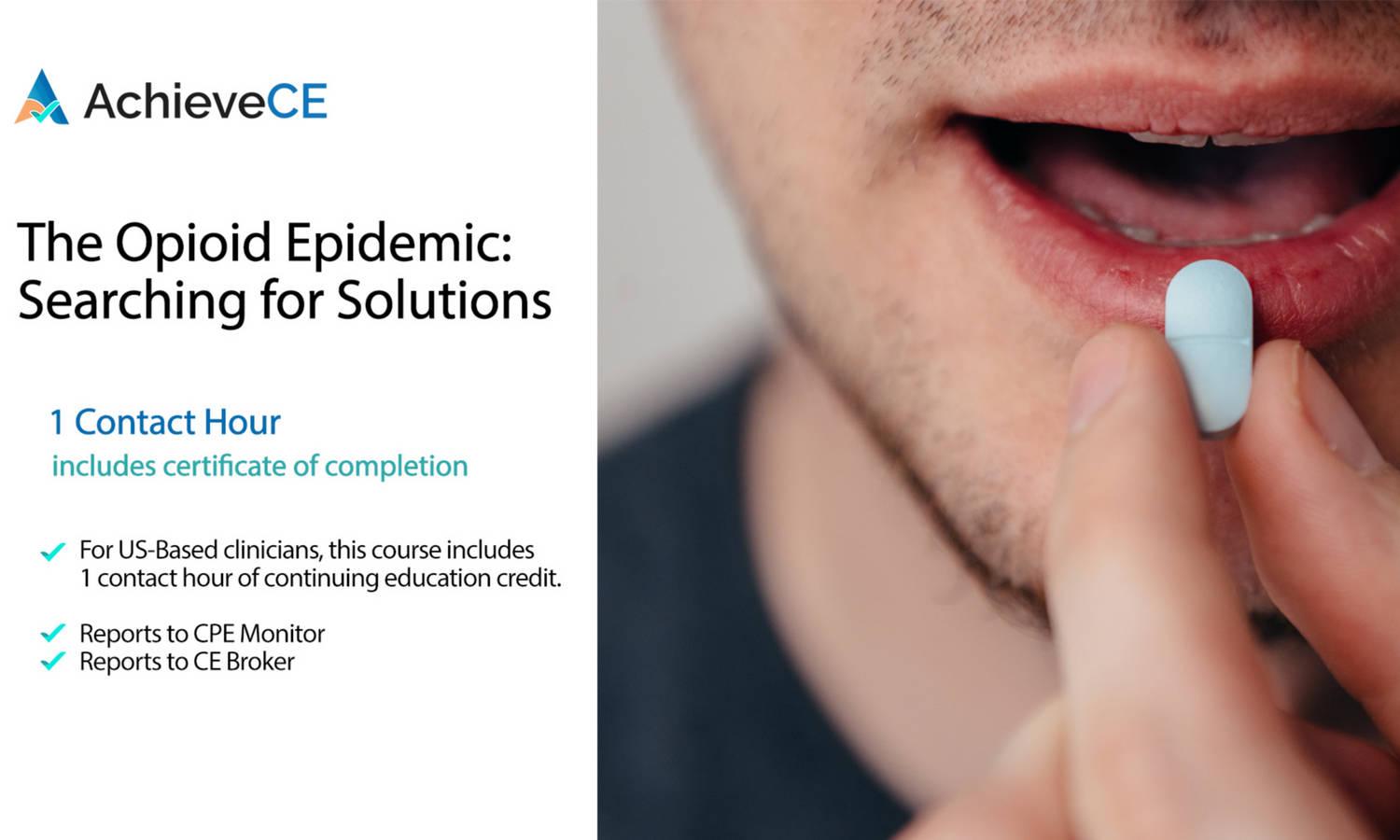
Lab Testing in Assessment of Substance Use Disorders
Lab Testing in Assessment of Substance Use Disorders is organized by Providers Clinical Support System (PCSS).
Expiration Date: Jan 12, 2026
Description:
Lab testing in the assessment of substance use disorders may involve many different substrates, though urine drug testing (UDT) dominates clinical practice. This module is meant to provide a short guide to the effective use of lab testing in treatment of the patients with a substance use disorder, which to a surprising degree is often misused or misunderstood. The module describes the clinical role of lab testing to guide treatment and not to be punitive. To properly use and interpret UDT, it reviews common false positives and false negatives that might occur in the immunologic-based first step in UDT. To understand confirmatory gas chromatography/mass spectrometry, it goes on to describe the metabolism of common opioids and benzodiazepines, because the detected confirmed moiety often is just a downstream metabolite of several possible parent compounds to which the patient was exposed. The module concludes with a discussion of the difference between UDT for clinical purposes versus forensic ones.
Educational Objectives:
Discuss clinical issues in performing urine drug testing (UDT).
Describe the basic types of UDT and when they should be used.
Define the metabolism of opioids and benzodiazepines in order to interpret UDT results.
Describe other laboratory testing used as part of substance use disorder evaluations.










